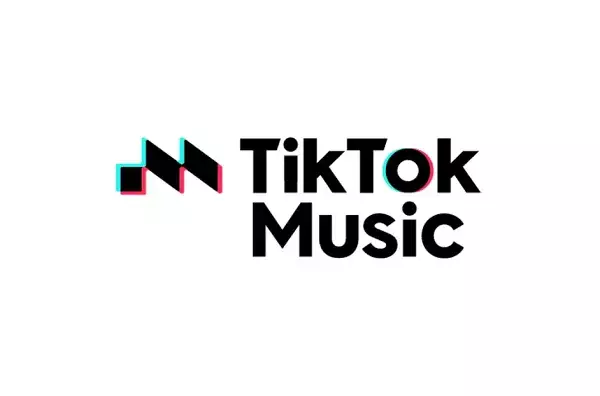The digital age has seen countless platforms strive for dominance in the music streaming space. Among them, TikTok made a notable attempt with the launch of TikTok Music, previously known as Resso. However, the announcement of its impending closure underscores the challenges that even a giant like TikTok faces in a saturated market. This article delves into the reasons behind this failure, the implications for TikTok’s future, and the broader music industry landscape.
When TikTok Music emerged from its predecessor Resso in late 2019, the goal was clear: leverage TikTok’s massive user base and influence in the music industry to create a distinctive streaming service. Originally introduced in India, Resso initially piqued interest as it aligned with TikTok’s explosive growth. However, this excitement was met with challenges, particularly following TikTok’s ban in India in 2020. Although Resso continued to operate, the app struggled to capture user interest, leading to a lukewarm reception.
TikTok, in renaming Resso to TikTok Music, attempted to create a more cohesive brand identity. However, this transition coincided with regulatory hurdles and an increasing skepticism among potential users regarding its viability as a music streaming alternative.
India’s decision to ban TikTok due to national security concerns further complicated the trajectory of TikTok Music. While the streaming app was not directly affected by the ban, the negative perception of its parent company must have influenced users’ willingness to adopt a new service associated with TikTok.
Moreover, the re-launch of TikTok Music in other regions like Brazil and Indonesia faced difficulties primarily stemming from fierce competition. Established players such as Spotify, Apple Music, and others had already cemented their presence, wielding substantial market share and robust user loyalty. The failure of TikTok Music to resonate with audiences in these regions highlighted the challenge of breaking through in a market dominated by well-entrenched competitors.
Another considerable hurdle was music licensing. TikTok’s attempts to secure licenses for a diverse catalog of music faced numerous setbacks. The streaming landscape is fraught with legal complexities, especially concerning the music industry, where agreements with artists, songwriters, and rights holders are integral to a platform’s success. Unfortunately, TikTok Music struggled with these licensing disputes, hampering its ability to offer compelling content that might draw users away from established platforms.
Despite TikTok’s significant investment in the music sector and its attempts to integrate artists directly into the TikTok ecosystem, these challenges limited its capacity to establish an influential music streaming service.
With the announcement of TikTok Music’s closure by the end of November 2024, users now face a transition phase where they must salvage their playlists and request refunds. The brevity of its existence offers important lessons for tech companies that seek to diversify their operations. For TikTok, this setback signifies a strategic retreat to its core business model, where it continues to contribute to music promotion through its primary app.
Users today are also increasingly discerning regarding the platforms they choose. An inability to innovate effectively or meet their expectations can swiftly lead to disillusionment, as witnessed with TikTok Music. As TikTok narrows its focus to bolster music capacity within its main platform, it reaffirms the idea that merely having a large user base is insufficient for success in a competitive environment.
The fate of TikTok Music illustrates a broader truth within the tech industry: the journey to carve out a space in a crowded field can be fraught with unexpected challenges. For TikTok, retreating from the music streaming scene offers a chance to refine its approach and prioritize its role as a platform shaped by music rather than one competing directly against established streaming giants.
While the closure of TikTok Music may not drastically shift the landscape of social media or music streaming, it reminds other companies of the importance of adaptability and understanding user needs in a rapidly evolving digital world. In navigating through obstacles, TikTok stands poised, perhaps wiser, to strengthen its music initiatives—this time, within the parameters of its original platform where it truly shines.


Leave a Reply